Inside a Cancer Doctor’s Kitchen: The Surprising Foods She Swears By to Slash Your Cancer Risk Instantly
Ever wonder what a top cancer doctor’s kitchen looks like? Spoiler alert: It’s not your average spice rack and mismatched Tupperware situation. Dr. Leigh Erin Connealy, MD—who’s not just any doctor but the medical director of North America’s largest integrative cancer center—recently pulled back the curtain on her kitchen essentials that she swears by to keep toxins at bay and health at the forefront. Given what she knows about how everyday chemicals and plastics can sneak into our lives and mess with our cells, her food prep space is more like a fortress against disease. Intrigued to find out what’s cooking in her cancer-proof kitchen? Trust me, these 11 items might just inspire a kitchen makeover that could protect your health in ways you hadn’t even considered. Ready for a peek behind the scenes and some seriously savvy health hacks? Let’s dive in. LEARN MORE

More and more, social media is offering us a candid glimpse into the home lives of top medical doctors—and it turns out there’s a lot we can learn from their everyday habits. Take cancer doctor Leigh Erin Connealy, MD, for example. Given all she knows about toxins and their link to deadly disease, she recently shared on Instagram the 11 things she keeps in her kitchen to protect her health. Let’s take a tour around Dr. Connealy’s cancer-safe kitchen so you can follow her healthy advice.
Meet Dr. Connealy, the cancer doctor redefining prevention
She’s the medical director of the Cancer Center for Healing, the largest integrative cancer center in North America. She’s also the author of the book The Cancer Revolution.
She says that being a doctor was her “calling in life,” and tells her online followers, “I try to reduce my exposure to chemicals and plastics as much as possible, especially in the kitchen.”
Thankfully, Dr. Connealy has not had cancer herself. “I am, however, predisposed to cancer because my mom took DES,” she shares. What is DES? Diethylstilbestrol is a synthetic estrogen that was sold as a “wonder” drug to pregnant women between 1938 to 1971. Dr. Connealy shares, “It was soon discovered to be highly carcinogenic.” That medication has led to health complications in women and their children for decades. In fact, Dr. Connealy shares, her mom “did end up getting breast cancer and passing away after taking the drug.”
Why small decisions matter in the fight against cancer
That experience helped shape Dr. Connealy’s career. When asked if cancer is preventable, Dr. Connealy responded, “I think so! Cancer is an adaptation to cell derangement. A cell has gone rogue because it wasn’t given the accurate inputs. We can often turn off the cancer storm when the body is given the right inputs.”
“Cancer is rarely genetic…environment and lifestyle is much more relevant.” —Leigh Erin Connealy, MD
11 things Dr. Connealy keeps in her kitchen to stay healthy
These are the top items Dr. Connealy stocks in her cancer-proof kitchen to protect her health.
Stainless steel pans
Dr. Connealy doesn’t use cookware treated with toxic non-stick coating that can leach into food at hot temperatures. She says, “Nonstick coatings can degrade into PFAS—’forever chemicals’—that persist in the body and have been linked to immune, hormonal and metabolic dysfunction.”
Instead, she likes cooking with a Misen 5-ply stainless steel frying pan. And she uses it a lot. She notes she’s never had a microwave in her house, so she just heats things with the stove or oven.
Glass containers
Again, the doctor doesn’t want plastic that can increase the risk of various types of cancer to leach chemicals into her leftovers. She explains, “Heating plastics releases compounds such as bisphenols and phthalates, which bind to estrogen receptors and disrupt endocrine signaling.” Instead of plastic, she likes using Rubbermaid Brilliance glass storage containers.
Safe cooking oils
Her stance: “Just say no to seed oils,” including ultra-processed and potentially inflammation causing oils like canola oil. Citing research, Dr. Connealy says, “Canola oil worsened colon cancer and colitis in mice.” She adds, “Pretty much all the pre-made food at the store has canola oil soybean. You have to go to great lengths to avoid it.” So she cooks at home and uses clean cooking oils including grass-fed butter and coconut oil instead.
Wood cutting boards
Peer-reviewed research published in the journal Environmental Science & Technology shows that tiny shards of microplastic can easily get into your body when using a plastic cutter board. So Dr. Connealy opts for wood boards.
A plastic-free coffee maker
When water heats to a boil, it can degrade the plastic vessels in many coffee makers, causing health concerns. Dr. Connealy stays safe by choosing small appliances that can withstand the high heat. She likes the Farberware stainless steel percolator and the Chemex glass coffee maker. And since coffee can harbor health-harming mold, she only drinks cups made with The Organic Coffee Co.
Raw organic honey
Scientists believe that refined, added sugar in our diets can feed tumor cell growth. That’s why Dr. Connealy intentionally uses natural sweeteners such as organic raw honey. If she wants a sweet treat, she reaches for natural sugars found in tropical fruits, which are rich in fiber to help blunt sugar spikes. (Discover the best low-sugar fruits to control blood sugar.)
Microplastic-free salt
Who knew? Apparently, many forms of readily-available cooking salt can contain additives including microplastics. A safer salt that Dr. Connealy prefers: Vera Salt, harvested from a pure natural spring in Spain. It’s even packaged not in plastic, but in a container made from all-natural potato starch.
Non-toxic dish soap
A lot has been said recently about the chemical residues that kitchen soaps can leave on our plates during the cleaning process, which then make their way into our bodies at our next mealtime. So it makes sense that Dr. Connealy stocks her sink with clean dish soap. She recommends using the Branch Basics line of cleaning products.
A water filtration system
This is a big one. Many of the environmental toxins that enter our system come from the water we drink. For example, from pesticides that have seeped into our ground water and wells or residues from old city pipes. She recommends the Echo brand whole-house water filtration system or looking for small plastic-free water filters.
Bamboo cooking utensils
We’ve talked about the risks of plastic. In fact, recent research finds that common black plastic cooking spatulas and spoons contain toxic flame retardants, in particular a hazardous chemical the EPA banned back in 2021. That’s why Dr. Connealy opts for more natural materials. She says, “Using inert materials like glass, stainless steel and wood minimizes leaching, preserves nutrient quality and reduces the body’s cumulative toxic load.”
Dr. Connealy uses Riveira Bamboo cooking spoons and utensils. She also likes Finew glass drinking cups with bamboo lids and Piteno glass reusable drinking straws.
Soy-free, pasture-raised eggs
The doctor loves eating eggs for breakfast. But to boost her health, and avoid possible hormone-disrupting health risks, Dr. Connealy gets her eggs delivered from a local farm. She says, “Most chicken farmers feed their chickens soy,” which she calls, “no good.” Why? Non-organic chickens are often fed inflammatory diets that can pass inflammation-promoting compounds to your body. And inflammation is linked to several health problems and diseases. So Dr. Connealy opts for organic eggs.
The bottom line on keeping a healthy kitchen
While those are just some of the easy tweaks Dr. Connealy makes in her own home to protect her health and lower her future cancer risk, you can also check out her line of home products called Perfectly Healthy for more inspiration. As an expert in the cancer field for the past three decades, she urges people to understand, “Cancer is rarely genetic… environment/lifestyle is much more relevant in my opinion.”
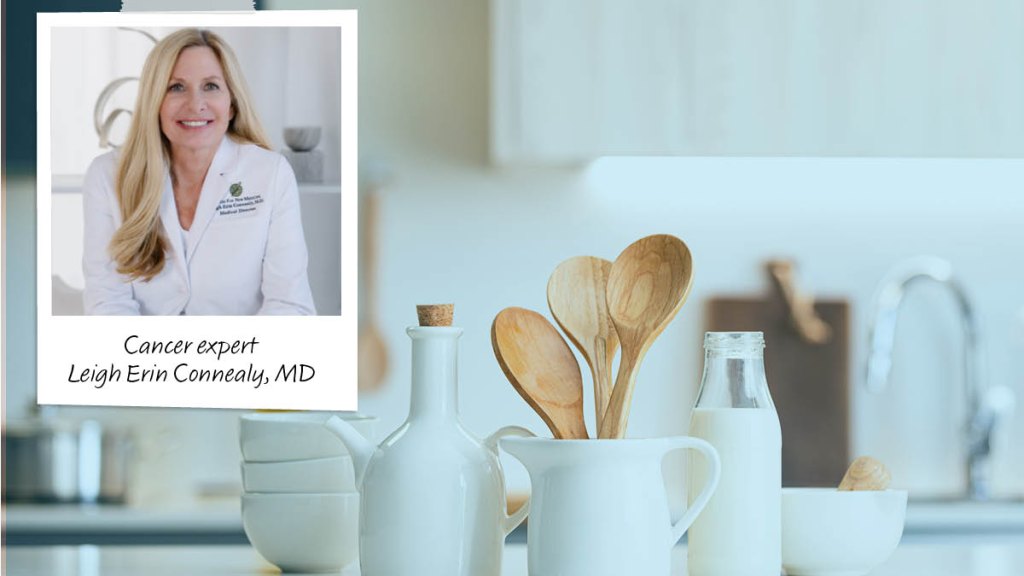

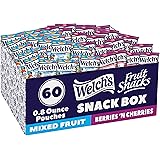

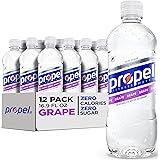

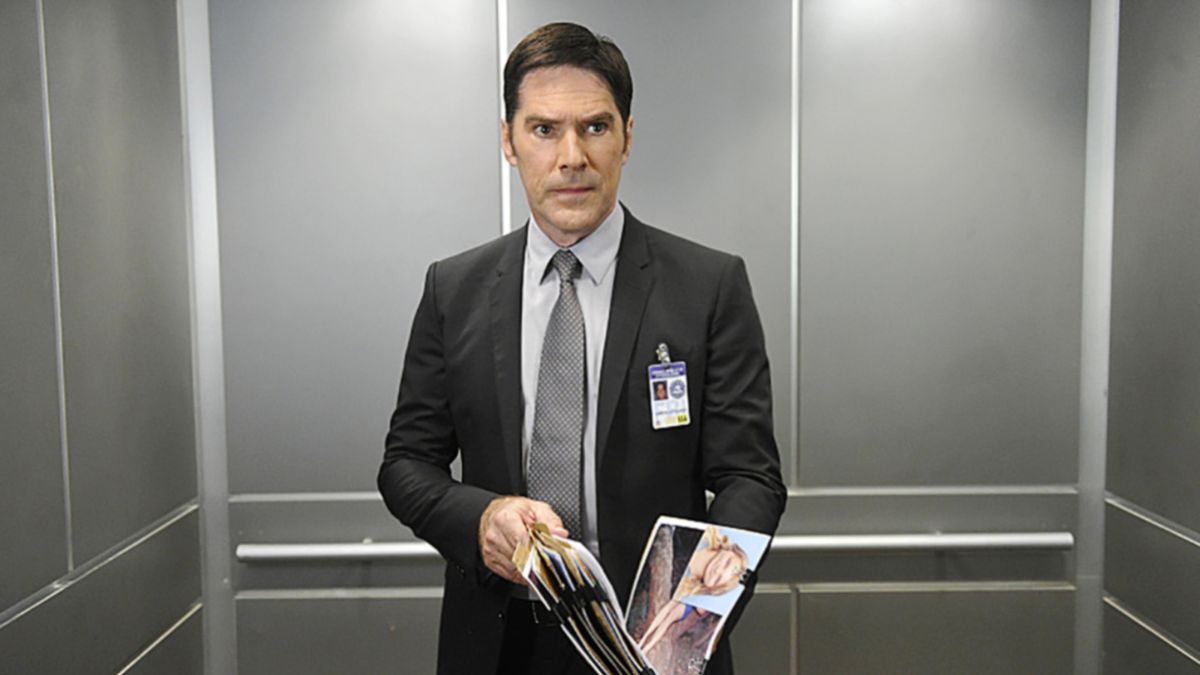

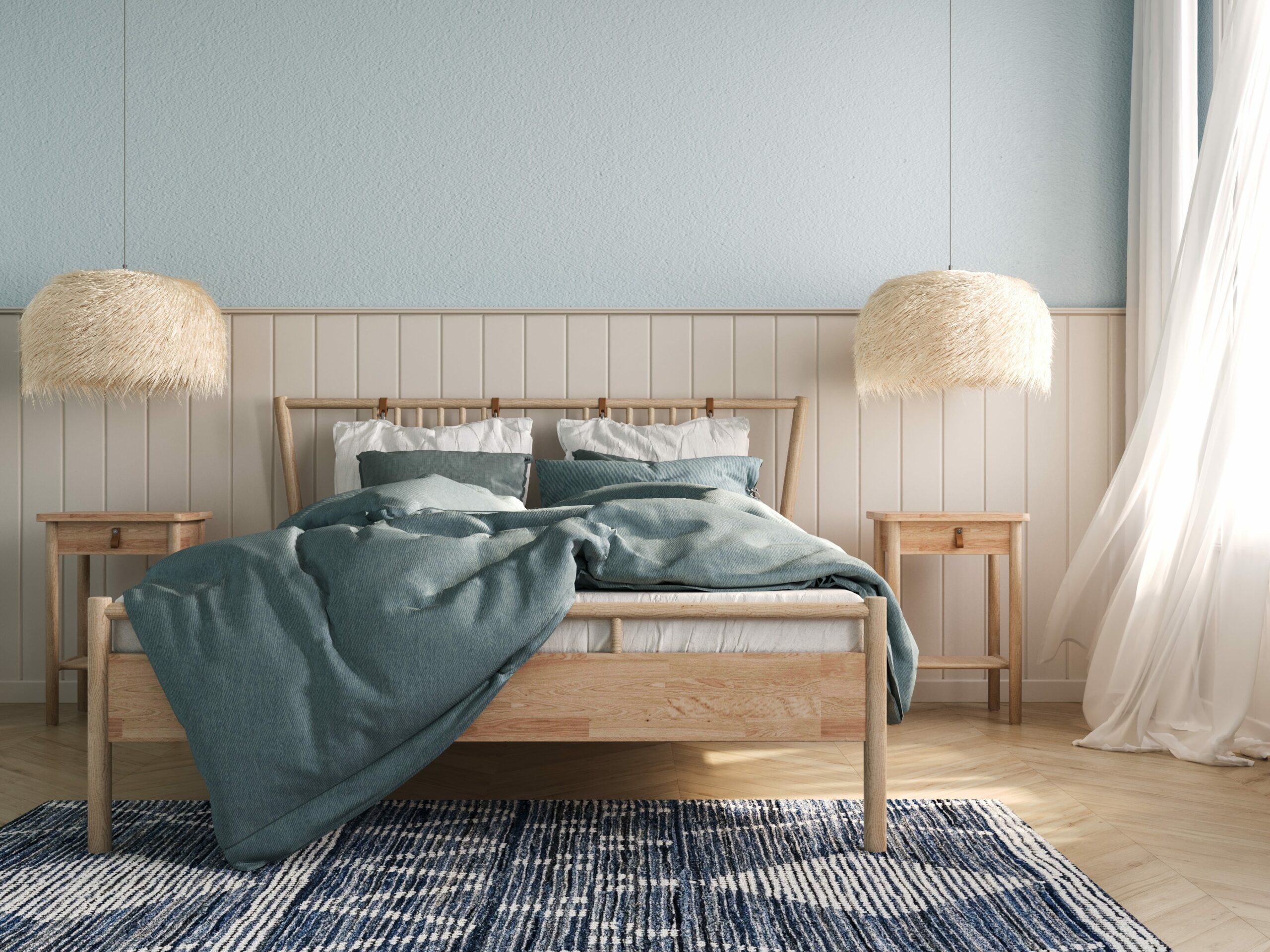











Post Comment